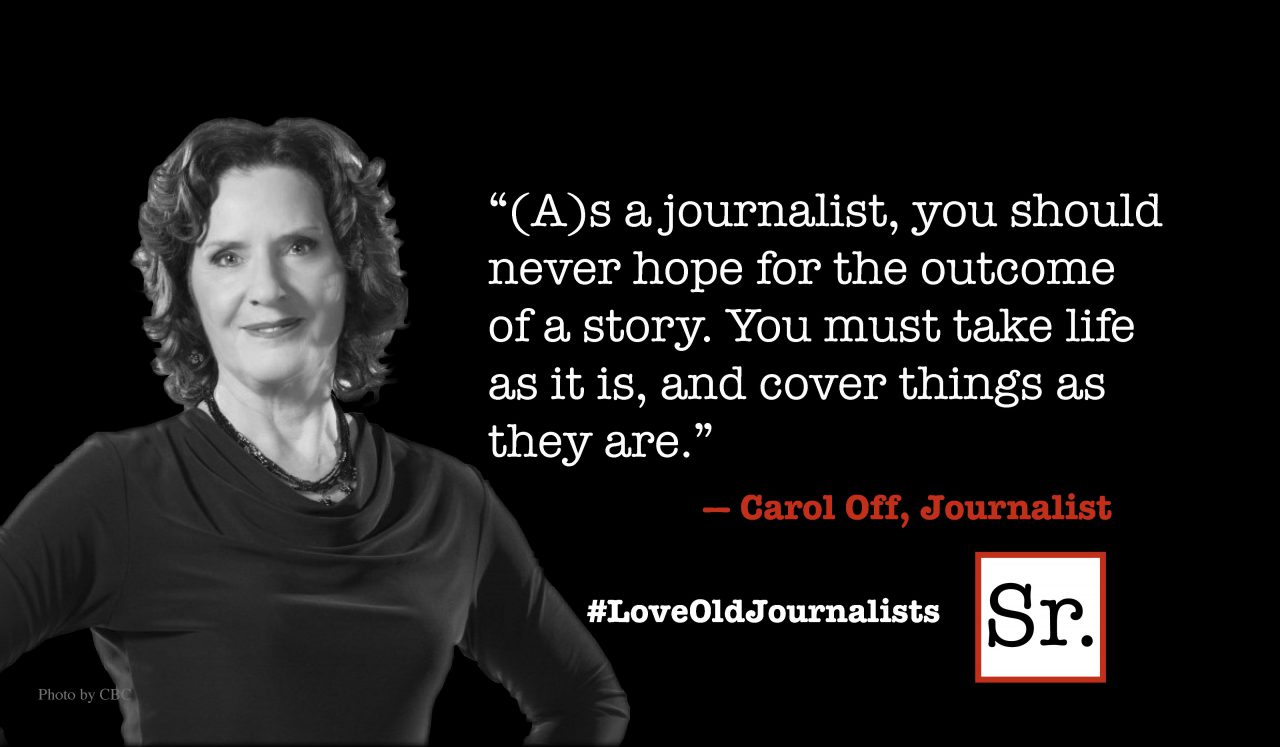Of the many questions raised by revelations of the huge scale of the U.S. government’s secret communications surveillance programs, one deserves more attention than it has been getting: How effective are they? To hear senior officials tell it, collecting billions of phone records and monitoring vast rivers of Internet communications protects citizens from terrorist attacks.
Because of the “top secret” classification of the programs, leaked to two newspapers by a 29-year-old contract analyst, Edward Snowden, there is no way to independently verify or disprove that assertion. America’s spy chief, Director of National Intelligence James Clapper, has acknowledged only two cases in which the phone surveillance helped foil terrorism plots, both in 2009. One involved a plan to bomb the New York subway, the other a plot to assassinate the Danish publisher of cartoons deemed offensive by Muslims.
The National Security Agency’s data mining did nothing to intercept Tamerlan Tsarnaev and his brother Dzhokhar before they bombed the Boston marathon. The NSA’s mammoth data collection played no apparent role in tracking down Osama bin Laden. Big Data, also known as metadata, clearly has limits and the automated algorithms that sift through ever-expanding databases are no closer to perfection than their human designers.
Critics of the NSA’s programs, on the left and the right, have evoked memories of Big Brother, the dictator featured in George Orwell’s bleak novel “1984” depicting a state whose citizens are under round-the-clock surveillance. But a poll by the Pew Research Center showed that a majority of Americans — 56 percent — thought that government tracking of their phone records was an acceptable counter-terrorism measure.
On tracking Internet use (under a program called PRISM), 45 percent felt the government should be able to “monitor everyone’s email and other online activities if officials say this might prevent future terrorist attacks.” Fifty two percent objected. Factoring in the margin of error, that’s almost an even split. Other polls yielded similar results.
Such attitudes mean there is not much public pressure for President Barack Obama to rein in his communications snoopers or seriously engage in a debate over policies he denounced as a “false choice between the liberties we cherish and the security we provide” when the programs were run by the administration of his predecessor, George W. Bush.
The New York Times, whose editorial page repeatedly criticized the NSA’s programs, said the lack of a broad sense of alarm was not surprising, given that Obama and leaders of the intelligence community insist that extensive surveillance is crucial for anti-terrorism efforts.
“But Americans should not be fooled by political leaders putting forward a false choice,” an editorial said. “The issue is not whether the government should vigorously pursue terrorists. The question is whether the security goals can be achieved by less-intrusive or sweeping means, without trampling on democratic freedoms and basic rights.”
A question yet to be asked by pollsters or pundits is whether the surveillance programs — viewed with considerable skepticism by some of America’s European allies — highlight a traditional American over-reliance on technology and data. Even champions of Big Data acknowledge its pitfalls.
“Misplaced … trust in data can come back to bite,” the authors on a book singing the praises of Big Data write in an essay in the latest issue of Foreign Affairs. “Organizations can be beguiled by data’s false charms and endow more meaning than they deserve,” say Kenneth Cukier and Viktor Mayer Schoenberg in an essay based on their book Big Data: A Revolution that Will Transform How We Live, Work and Think.
The two hold up the Vietnam War as an example of misplaced trust in data. “U.S. Secretary of Defense Robert McNamara became obsessed with using statistics as a way to measure the war’s progress. He and his colleagues fixated on the number of enemy fighters killed. Relied on by commanders and published daily in newspapers, the body count became the data point that defined an era … Yet the statistics revealed very little about the complex reality of the conflict.”
Misplaced trust in algorithms can be just as damaging. Take the case of Long Term Capital Management, the hedge fund staffed by Ph.D.s and two Nobel Prize winners who designed algorithms to detect tiny mispricings. That worked spectacularly well — until it failed and the fund had to be saved from bankruptcy by a bailout organized by the Federal Reserve Bank of New York.
The last word on the NSA’s program may be spoken in court. On June 11, the American Civil Liberties Union filed a lawsuit that challenges the constitutionality of Big Data collection of telephone records. Jameel Jaffer, the ACLU’s deputy legal director, described it as one of the largest surveillance efforts ever launched by a democratic government against its own citizens.
"It is the equivalent of requiring every American to file a daily report with the government of every location they visited, every person they talked to on the phone, the time of each call, and the length of every conversation. The program … represents a gross infringement of the freedom of association and the right to privacy."









